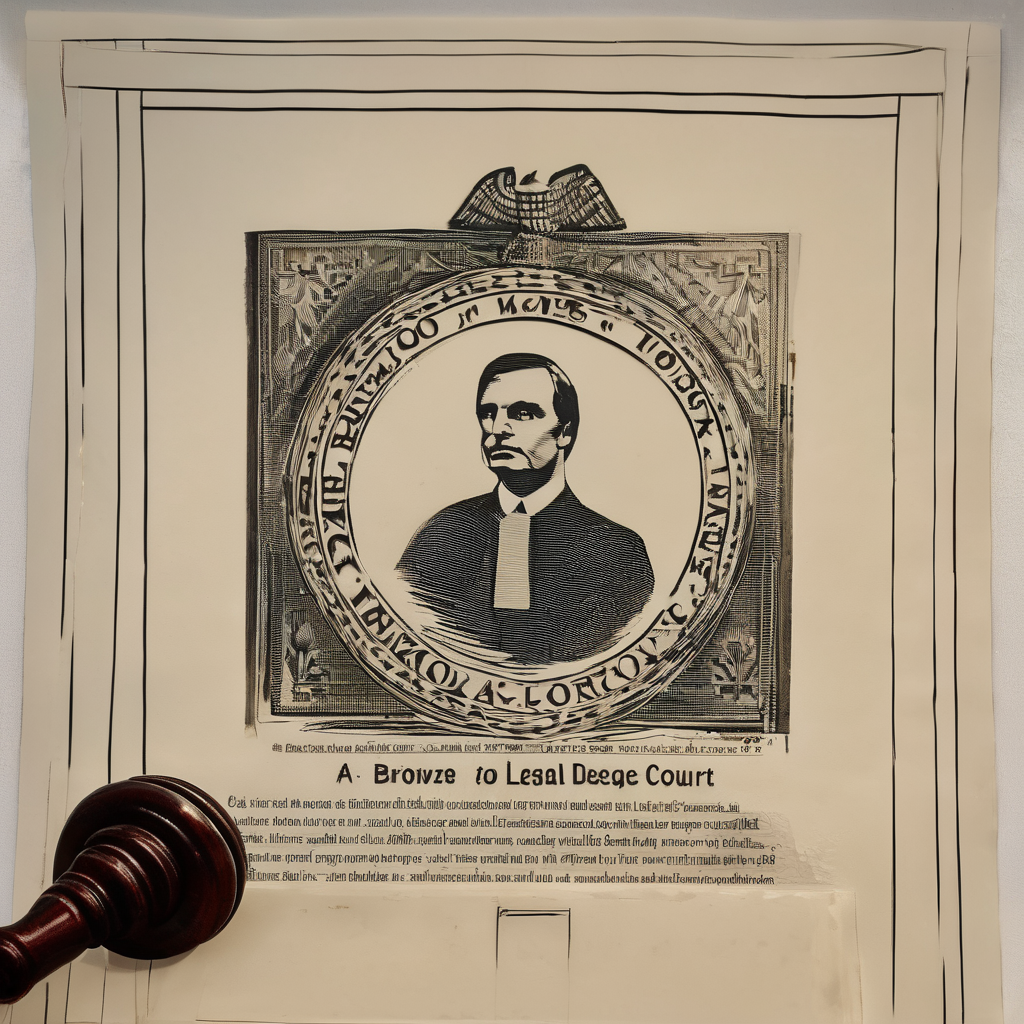Brazil’s Supreme Court made a critical decision on Friday by denying former President Jair Bolsonaro’s appeal against his 27-year prison sentence, which was levied for his role in an attempted coup following his defeat in the 2022 presidential election. The ruling was supported by a panel of justices—including Flavio Dino, Alexandre de Moraes, and Cristiano Zanin—who unanimously opposed the requests made by Bolsonaro’s legal team. An additional vote regarding the final seat on the panel is expected before November 14.
Bolsonaro has spent about three months under house arrest due to prior violations of precautionary measures and intends to pursue further appeals against his conviction. His lawyers have yet to comment on the court’s ruling and plan to argue for Bolsonaro to serve his sentence under house arrest, in light of his health issues.
This latest ruling stems from a conviction in September, where Bolsonaro was sentenced to 27 years and three months for various offenses, including involvement in an armed criminal organization and attempts to undermine democracy. Typically, successful appeals in Brazil’s Supreme Court necessitate disagreement from at least two justices, yet in this instance, only one justice dissented, prompting Bolsonaro’s legal team to seek clarification on the conviction rather than challenge the sentence outright.
The case has broader implications, particularly with claims that Bolsonaro sought to enlist involvement from former U.S. President Donald Trump in his legal struggles. While some of Trump’s supporters, including Bolsonaro’s son, Eduardo Bolsonaro, argue that the legal proceedings are driven by political motivations, the Supreme Court has reinforced the critical need for judicial independence. Eduardo Bolsonaro is also facing criminal charges, and the court is scheduled to vote on his status as a defendant later this month.
Legal experts have pointed to the significance of this case for Brazilian democracy, raising alarms about the need for accountability among political leaders. Many observers remain optimistic that the judicial process will emphasize democratic values, underscoring the importance of legal accountability and responsible governance. This situation highlights both the challenges and resilience of Brazil’s democratic institutions, offering a potential opportunity for the nation to reinforce its commitment to democracy amidst a challenging political landscape.
